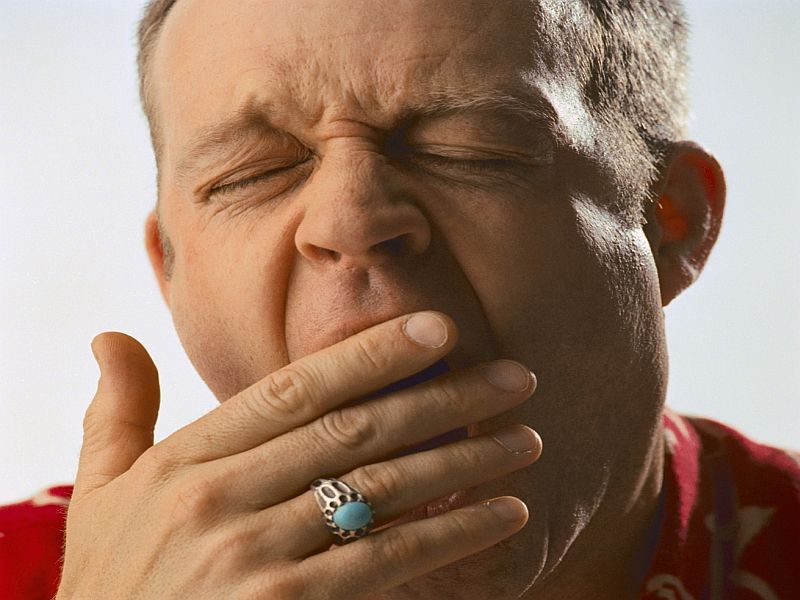
Flying across time zones to your vacation destination this summer? You can’t prevent jet lag, but you can minimize it, a sleep specialist says.
“Anyone who has ever suffered jet lag knows firsthand that our bodies are persistent in how they keep track of time,” said Dr. Alon Avidan, director of the Sleep Disorders Center at the University of California, Los Angeles.
“During jet lag, a rapid shift in the light-dark cycle temporarily disrupts one’s normal sleep-wake pattern, and our bodies become desynchronized,” he explained in a university news release.
Eastbound travel usually causes difficulty falling asleep, while westbound travel makes it harder to stay asleep.
Avidan said the most effective ways to speed your adjustment to the new time zone are low-dose melatonin (0.5 mg or less) and light exposure.
To shift your body clock to a later time when traveling west, take melatonin during the second half of the night until you adapt to local time, he said.
When traveling east, take melatonin at local bedtime nightly until you adapt to the earlier time zone, Avidan said.
Exposure to bright outdoor light is also beneficial. When you travel west, maximize exposure to bright light in the evening. When traveling east, maximize exposure to bright light in the morning, he suggested.
“Adjusting the circadian clock to the new timing of the sleep-wake cycle is strongly dependent on the direction of travel and the number of time zones crossed,” Avidan said.
Rule of thumb: Try to stay awake on the plane during hours corresponding to daylight at your destination, he recommended.
Avidan had other suggestions to reduce jet lag, including trying sleep medications; getting up and going to bed earlier several days before an eastbound trip and later for a trip west; and avoiding alcohol or caffeine three to four hours before bedtime. Also, avoiding heavy meals and eating meals according to local time; and using earplugs and blindfolds to help reduce noise and block out unwanted light while sleeping.
More information
The U.S. Centers for Disease Control and Prevention has more on jet lag.
Source: HealthDay

Leave a Reply